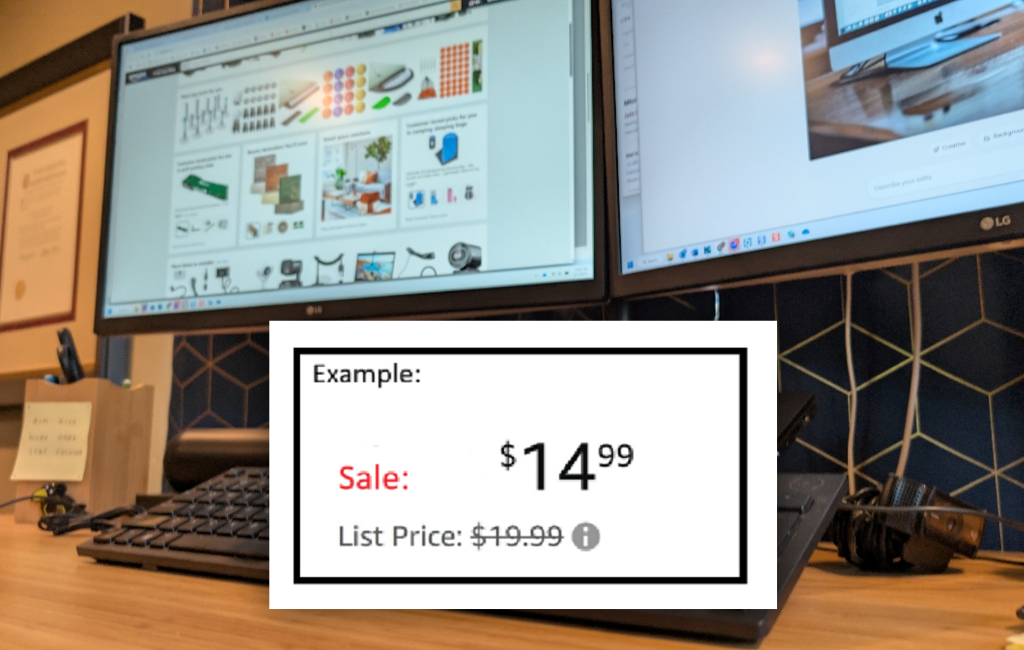If you own a business with a customer-facing website, you are likely already familiar with the wave of litigation surrounding Americans with Disabilities Act (ADA) compliance. But a new legal action is rising throughout California courts, and it targets a technology you probably use every day: standard website analytics and marketing software.
Business owners are receiving a new kind of complaint or demand letter—often sent via Federal Express—accusing them of deploying “illegal spyware” or pixel technology that violate the California Invasion of Privacy Act (CIPA).
These letters, frequently from firms like Pacific Trial Attorneys, don’t just allege that the business’ website is eavesdropping on chats; they claim the website is functioning as an illegal “trap and trace” device merely by collecting IP addresses or other data.
 ADA Compliance and Defense Blog
ADA Compliance and Defense Blog



 Creating an accessible website is not just good for business—it’s a legal imperative to comply with the Americans with Disabilities Act (ADA) and California Unruh Civil Rights Act. The Web Content Accessibility Guidelines (WCAG) 2.1 AA standards are widely recognized as the benchmark for website accessibility by US courts. This article outlines actionable steps to achieve compliance, explores whether an ordinary person can tackle this independently, and provides a cautionary note about software overlay tools that have become very popular.
Creating an accessible website is not just good for business—it’s a legal imperative to comply with the Americans with Disabilities Act (ADA) and California Unruh Civil Rights Act. The Web Content Accessibility Guidelines (WCAG) 2.1 AA standards are widely recognized as the benchmark for website accessibility by US courts. This article outlines actionable steps to achieve compliance, explores whether an ordinary person can tackle this independently, and provides a cautionary note about software overlay tools that have become very popular.